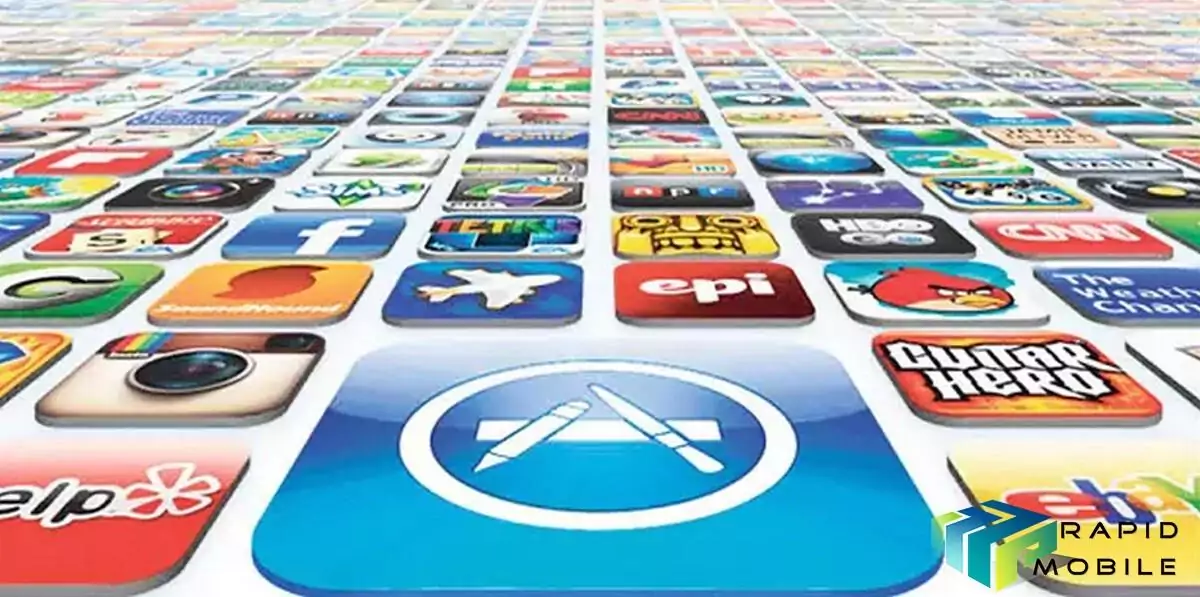A judge in California has issued a permanent injunction in the antitrust case involving Apple’s mobile app payment policies and Epic Games. U.S. District Judge Yvonne Gonzalez-Rogers ruled that Apple must let developers direct customers to payment methods outside of the company’s App Store.
Under the injunction, Gonzalez-Rogers said Apple is “permanently restrained and enjoined from prohibiting developers from including in their apps and their metadata buttons, external links, or other calls to action that direct customers to purchasing mechanisms, in addition to In-App Purchasing and communicating with customers through points of contact obtained voluntarily from customers through account registration within the app.
Gonzalez Rogers also found that Apple was in violation of California state competition laws because of the way it forces developers into using Apple’s payment processing service without allowing them to tell customers there are alternatives, which are often cheaper.
“The Court concludes that Apple’s anti-steering provisions hide critical information from consumers and illegally stifle consumer choice,” Gonzalez Rogers wrote.
On every other count, Judge Gonzales Rogers ruled in Apple’s favour, determining, among other things, that the App Store doesn’t violate antitrust law. She also ruled against Epic in Apple’s counterclaim for breach of contract.
As such, Epic must pay Apple $3.65 million. That’s equivalent to 30 percent of the $12.2 million Epic earned from Fortnite iOS players between August and October 2020 through the Epic Direct Payment system.
Epic also has to pay Apple 30 percent of the revenue it received via that system between November 1st and today.
“Today the Court has affirmed what we’ve known all along: the App Store is not in violation of antitrust law. As the Court recognized ‘success is not illegal.'” Apple said in a statement.
“Apple faces rigorous competition in every segment in which we do business, and we believe customers and developers choose us because our products and services are the best in the world.
We remain committed to ensuring the App Store is a safe and trusted marketplace that supports a thriving developer community and more than 2.1 million U.S. jobs, and where the rules apply equally to everyone.”
Epic lost, though, on the foundational allegation of its lawsuit. Epic tried to convince Gonzalez Rogers that Apple’s App Store was in itself a “market,” over which Apple is a monopolist, and wanted the judge to force Apple to allow alternative app stores and payment processing systems on its phones.
Apple argued that it has competition, not just from Google’s Android Play Store, but from video game consoles and other forms of media and entertainment.
Gonzalez Rogers partially sided with Apple on that argument, defining the relevant market in the lawsuit as “mobile gaming transactions.” She pointed out that the majority of Apple’s App Store revenue comes from games, and not all apps. And in that market, Apple is not a monopolist either, she ruled.
According to the 185-page decision:
“Given the trial record, the Court cannot ultimately conclude that Apple is a monopolist under either federal or state antitrust laws,”
“While the Court finds that Apple enjoys considerable market share of over 55% and extraordinarily high profit margins, these factors alone do not show antitrust conduct. Success is not illegal.”
In losing that key argument, Epic also was unable to get the court to order the changes it really wanted: A way to install software on iPhones outside the App Store and alternative payment options built into apps.
The judge noted that Epic Games CEO Tim Sweeney testified under oath that he would have accepted a deal with Apple to give Epic benefits that involved no other developers. But Epic had been saying that it was fighting on behalf of all developers and advancing the cause of open platforms.
Sweeney wrote on Twitter:
“Today’s ruling isn’t a win for developers or for consumers. Epic is fighting for fair competition among in-app payment methods and app stores for a billion consumers,”
“Fortnite will return to the iOS App Store when and where Epic can offer in-app payment in fair competition with Apple in-app payment, passing along the savings to consumers.”
Sweeney thanked the court for “managing a very complex case on a speedy timeline” and pledged that Epic will “fight on.”
This injunction could mark a massive change for the App Store ecosystem and Apple’s business if it comes into effect. Developers would no longer have to pay 30 percent of iOS app revenue to Apple, which could cost the company billions.
Spotify and Netflix are among the major companies who don’t allow users to sign up for a subscription through their iOS apps, due to the cut Apple takes.
Spotify’s head of global affairs and chief legal officer Horacio Gutierrez said in an emailed statement that it was pleased with the anti-competitive findings, as well as the move to allow app developers to steer customers to other ways to pay.
“This and other developments around the world show that there is strong need and momentum for legislation to address these and many other unfair practices, which are designed to hurt competition and consumers,”
“This task has never been more urgent.”
In recent weeks, Apple had already begun to make changes to its App Store policies. In a settlement in another lawsuit with app developers, Apple agreed to relax its policies slightly, allowing developers to provide alternative payment information to customers, but not in the apps themselves.
In another legal settlement in Japan, Apple agreed to allow “reader” apps, which includes services like Netflix, to provide some information within their apps, but that ruling only applied to Japan.
The decision notes the injunction will take effect in 90 days.



